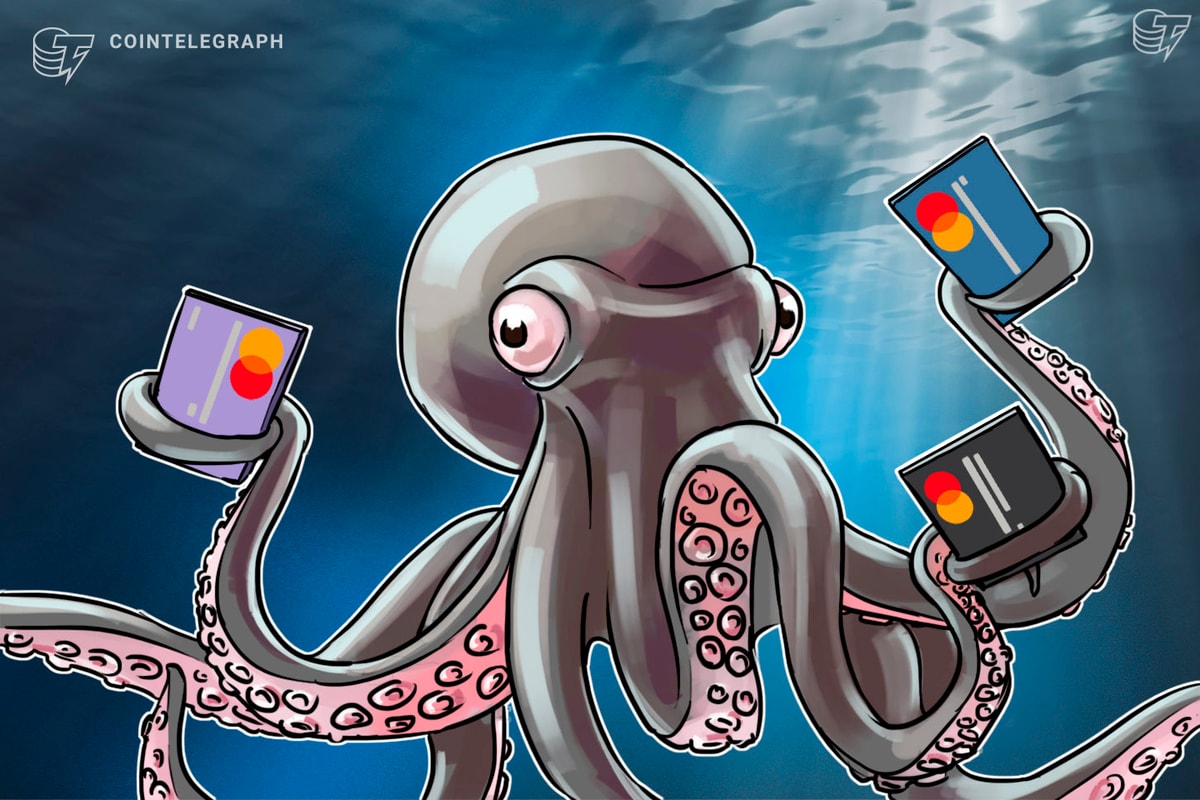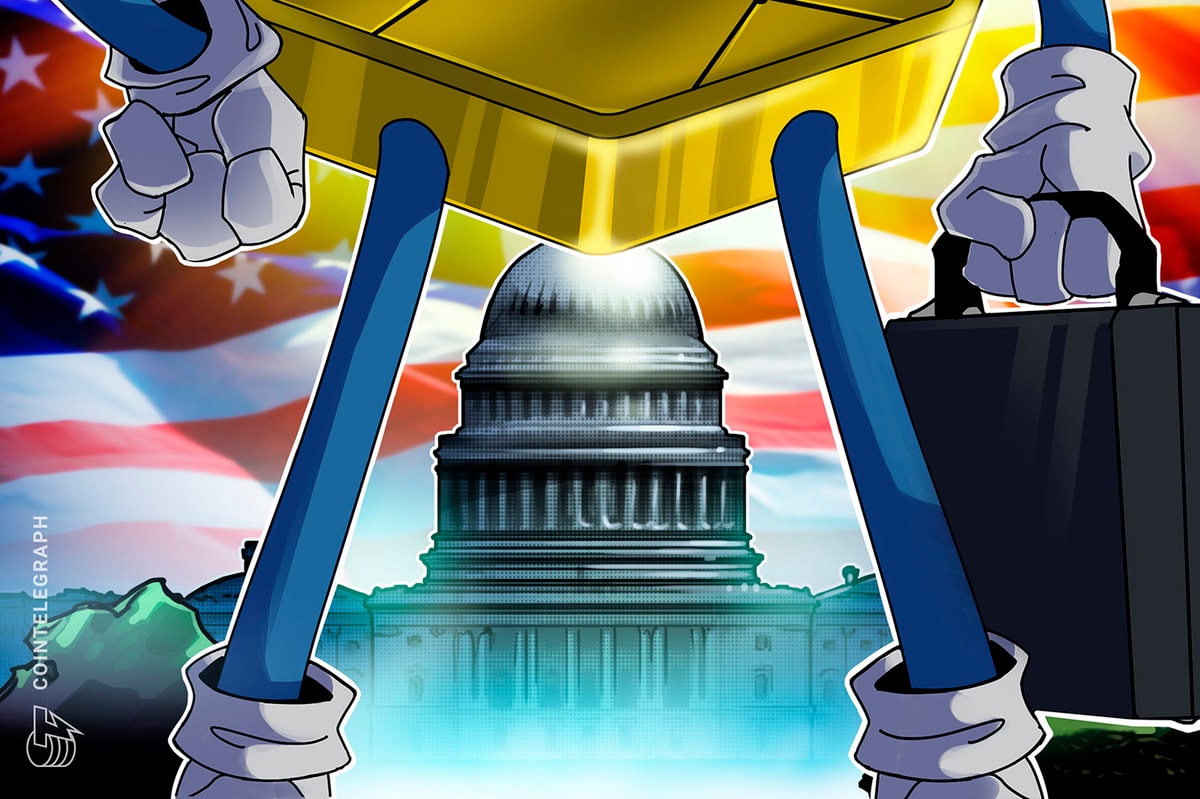
"We're illegal. Our whole goal is to get annexed by the United f*****' States." -Al Swearengen, "Deadwood"
Monday, February 10th is starting to look like the day that Tokyo-based Bitcoin exchange Mt. Gox at last entered the final turn of its long death spiral. Once the only “legitimate” Bitcoin exchange on the internet, Mt. Gox appears all but out of business after a tense few weeks during which withdrawals have been suspended. Though Mt. Gox released a lukewarm statement early last week citing a well-known and easily corrected flaw (see Blockchain.info’s response here) in Bitcoin’s exchange protocol and promising to restore external withdrawals soon, the exchange hasn’t yet delivered. Problems at Mt. Gox, never an unusual occurrence, grew rampant in the second half of 2013, with anecdotes about slow or rejected withdrawal requests and unhelpful or non-responsive technical support staff fueling speculation that the company was so short of cash that it had become little more than a high-tech Ponzi scheme.
Bitcoin is often touted by its most ardent supporters as an alternative to the traditional banking system, the natural outgrowth of too much government regulation and manipulation of the money supply by central banks. Though bitcoins are created and can be held and exchanged without need of an intermediary, it was not until the advent of exchanges offering real-time trading that crypto-currency gained a veneer of respectability. Exchanges make a market for Bitcoin, ensuring that merchants and traders alike can liquidate their holdings without delay at a known price and with minimal risk. Further, the fact of the market’s existence holds down price volatility and creates confidence among non-users who might consider adopting Bitcoin in the future.
The exchanges put Bitcoin into the mainstream. At least, that’s the way it was supposed to work. A combination of insufficient capital, inadequate security and continuity planning, bad management and naked criminality has resulted in frequent exchange failures. In fact, exchange failures have become so common that it is difficult to find a long-term Bitcoiner who hasn’t been burned at least one time. To wit, an April 2013 study by computer scientists at SMU and Carnegie Mellon found that, of 40 exchanges launched worldwide since 2010 that the authors studied, eighteen ultimately failed, in many cases taking customer funds with them. Not surprisingly, long term success was highly correlated with popularity, with Mt. Gox as the clear winner. Less than one year later, things are looking a bit different.
Hardly a day goes by without some expression of popular outrage in the United States associated with the bailouts extended to banks and Wall Street firms during the financial crisis of 2008. Residents of other western nations that were caught up in the crisis are likely to feel the same way. However, what is never mentioned is that, while millions of workers lost their jobs and countless billions in wealth were wiped out of the US economy, only a very small amount of cash on deposit with banks in the United States was lost to depositors (the number may be $0, I just can’t confirm it). Even though many banks failed outright, the Federal Deposit Insurance Corporation kept the government’s promise to make depositors whole. While this is the best known example from recent history, other banking regulators protect consumers from more common threats every day, such as unauthorized account activity, robbery, poor management, insufficient capital or simple chicanery on the part of the bank. It can safely be asserted that US banks have established such a long record of safety and security that hardly a thought is given to whether one assumes risk by keeping money there.
It is in this context that I suggest that Bitcoin’s days of existing beyond the reach of government regulators are numbered (and thankfully so). Just as any fool cannot open a bank in the United States on a few hundred dollars and a whim, neither should Bitcoin exchanges, which function as ersatz banks, be permitted to operate this way. Regulators are already starting to crack down in the United States. The most prominent example would be the State of New York, where the superintendent of financial services has explicitly stated his intent to seek licensing requirements of exchanges operating in his state. Other states are likely to follow suit, which will inevitably lead to involvement by one or more federal agencies.
Don’t get me wrong- I believe that you should be permitted to hold all of the bitcoins you choose without having to ask permission or submit to state regulation. In spite of my chosen profession, I am no lover of extra government rules. There are always unforeseen costs and consequences, so I do not advocate regulation lightly. Compliance is expensive, no matter how simple or “common sense” proposed regulations appear to be. However, I think it is not unreasonable to require operators who offer wallet and exchange/trading services to the public to meet certain minimum standards.
Among the minimum standards to operate might be the online privacy and security requirements mandated by the Gramm-Leach-Bliley Act and its adjuncts, for starters. Next might be a requirement that exchanges meet minimum capital requirements and post a bond as security against failure. Then, background checks could be required of all board members, senior managers and other key figures, to guard against exchanges being engineered to deliberately “fail” by bad actors. Finally, until the market grows large enough to naturally prevent manipulation, some kind of safeguard should be implemented to prevent exchanges from abusing their status as market makers to corner it.
Taken together, these minimum requirements would likely be enough to shut down the corrupt, and the weakest and most vulnerable exchanges. In addition, these requirements would provide banks, insurers and other service providers to the Bitcoin industry with an excuse to develop customer acceptance standards that would raise further barriers to entry by exchanges that are unlikely to be successful.
I know that raising barriers to entry by Bitcoin entrepreneurs doesn’t fit the populist narrative about Bitcoin pushed by many idealistic crypto-currency enthusiasts. Further, I have no doubt that regulation would take something away from Bitcoin’s status as a nearly-free system of exchange. However, the difference between Bitcoin regulation and bank regulation is that, being a peer to peer network, Bitcoiners don’t NEED the exchanges for Bitcoin to operate like the rest of the economy needs the banks. The number of ways that I can earn and spend Bitcoins without ever having to hit an exchange continues to grow by leaps and bounds. The closer we get to the idea of bitcoins being considered a legitimately safe and secure store of wealth, the less it will hurt to pay a little bit more when we have to patronize the exchanges for the privilege of knowing that our pockets won’t be picked by them at the earliest opportunity.










